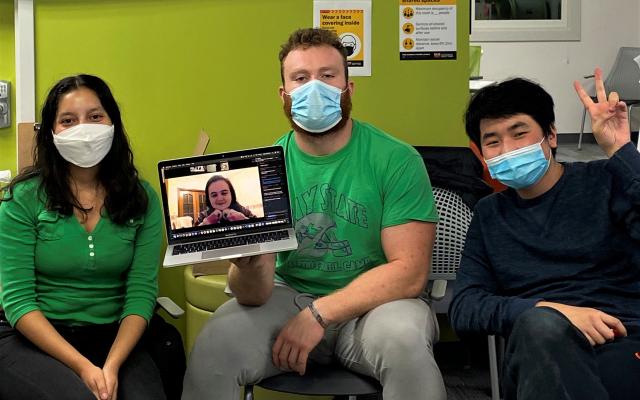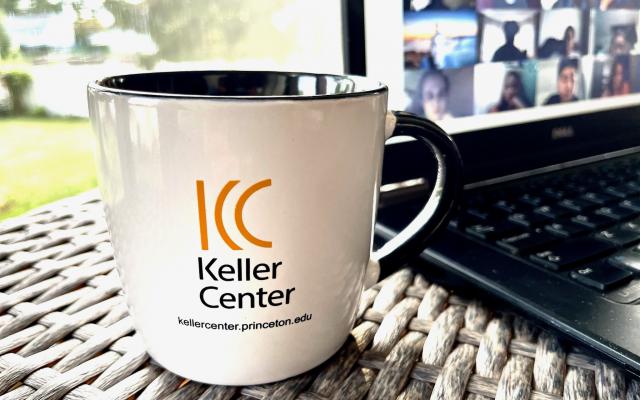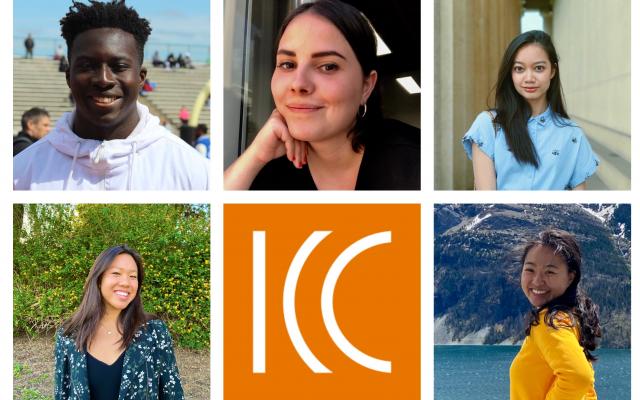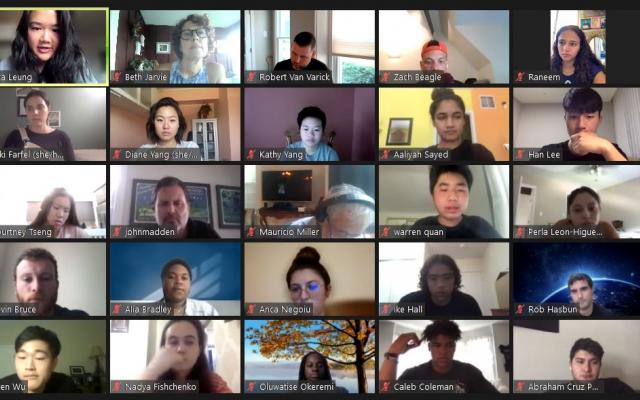
How might we alter pre-existing, embedded assumptions about the role immigrants play in U.S. society?
The United States has more immigrants than any other country in the world. New Jersey boasts a large community of immigrants. In 2018, nearly one in four residents is an immigrant, totaling 991,196 women, 926,641 men, and 115,455 children; one in six residents are native-born U.S. citizens with at least one immigrant parent, amounting to 1.7 million people. Immigration, as a topic, invites a wide range of views from Americans and politicians. In June 2020, Trump’s administration announced expansive new bans on worker visas, and additional restrictions on new Green Card applications, under the premise of protecting America’s own job market and economy. This was considered a subsequent effort to the 2017 “Buy American, Hire American” executive order.
To some, immigrants are takers: of jobs, of welfare, of government benefits. This argument is based on the “welfare magnet hypothesis,” developed by Harvard economist George Borjas in the 1990s. “The idea is that immigrants come to your community and they take jobs,” says Ben Jones, a professor of strategy at Northwestern University. The underlying assumption is that immigrants come to the United States to deplete scarce resources and away from native-born Americans.
However, others have been more positive about the contribution of immigrants. In the 2020 survey by Pew Research Institute, two-thirds of Americans say that immigrants strengthen the country “because of their hard work and talents.” In a joint study by researchers at Northwestern, MIT, University of Pennsylvania, and the U.S. Census Bureau that drew from W-2 forms and Census demographic records, data strongly suggests that immigrants found created or started businesses at a higher rate than native-born Americans.
Economic arguments can help change debates, but noneconomic perspectives still dominate thinking which determines actions. This Tiger Challenge team will focus on finding innovative ways to explore, empathize, analyze, and utilize factual information to reshape thinking and break assumptions of stereotyped, entrenched mindsets.
Faculty Advisor:
Mauricio Miller, Founder, Family Independence Initiative; James Wei Visiting Professor in Entrepreneurship 2019-2020
Community Partner:
TBD
What is the team working on now? In the team's own words:
The Maker-not-Taker team is exploring and combatting pre-existing, embedded assumptions about the role immigrants play in U.S. society. Through interviews with experts, community engagers, and first and second-generation immigrants, we found immigrants often feel isolated, especially when separated into their own groups. This social isolation perpetuates the misconception of immigrant's lack of contribution to American society and further exacerbates existing inequality. And, because of lacking language proficiency and immigration status, there is an inferiority complex where immigrants themselves don’t recognize their own contributions. Lack of intercultural sharing also results in immigrants of different cultures not recognizing each other’s contributions.
To tackle this multifaceted problem, our mission is to mend communication and language barriers by promoting a culture of sharing between different immigrant communities and non-immigrants. Through supporting a safe, supportive environment where people can share their stories and perspective, we can build an understanding of both others and our own unique contribution, fostering belonging and a sense of community between all groups for a more empathetic world.
To do this, we looked at key aspects within our interviews to find a global language to mend these language and communication barriers. One potential direction we are currently exploring is food. Food is an amazing means to share and every dish has its own cultural significance: in its ingredients, history, and experience of eating. Now, we hope to build cross-cultural awareness and shared food experiences across different cultures so that the contributions of immigrants are recognized by everyone, including themselves.



